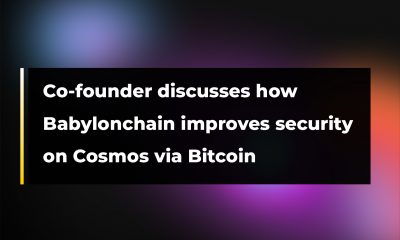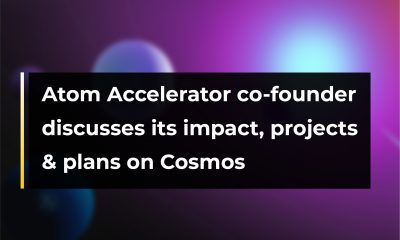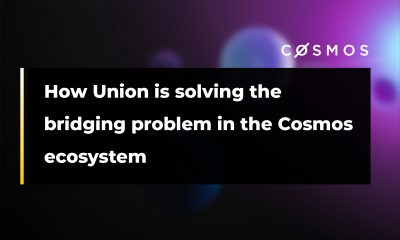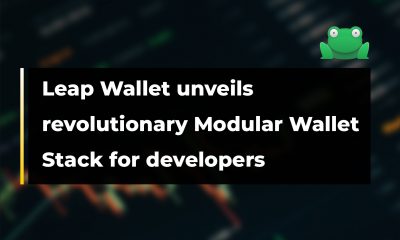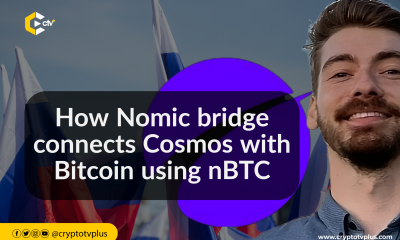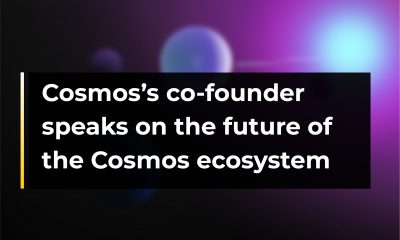FEATURED
Allnodes’s COO speaks on how its solution simplifies Cosmos Node Management
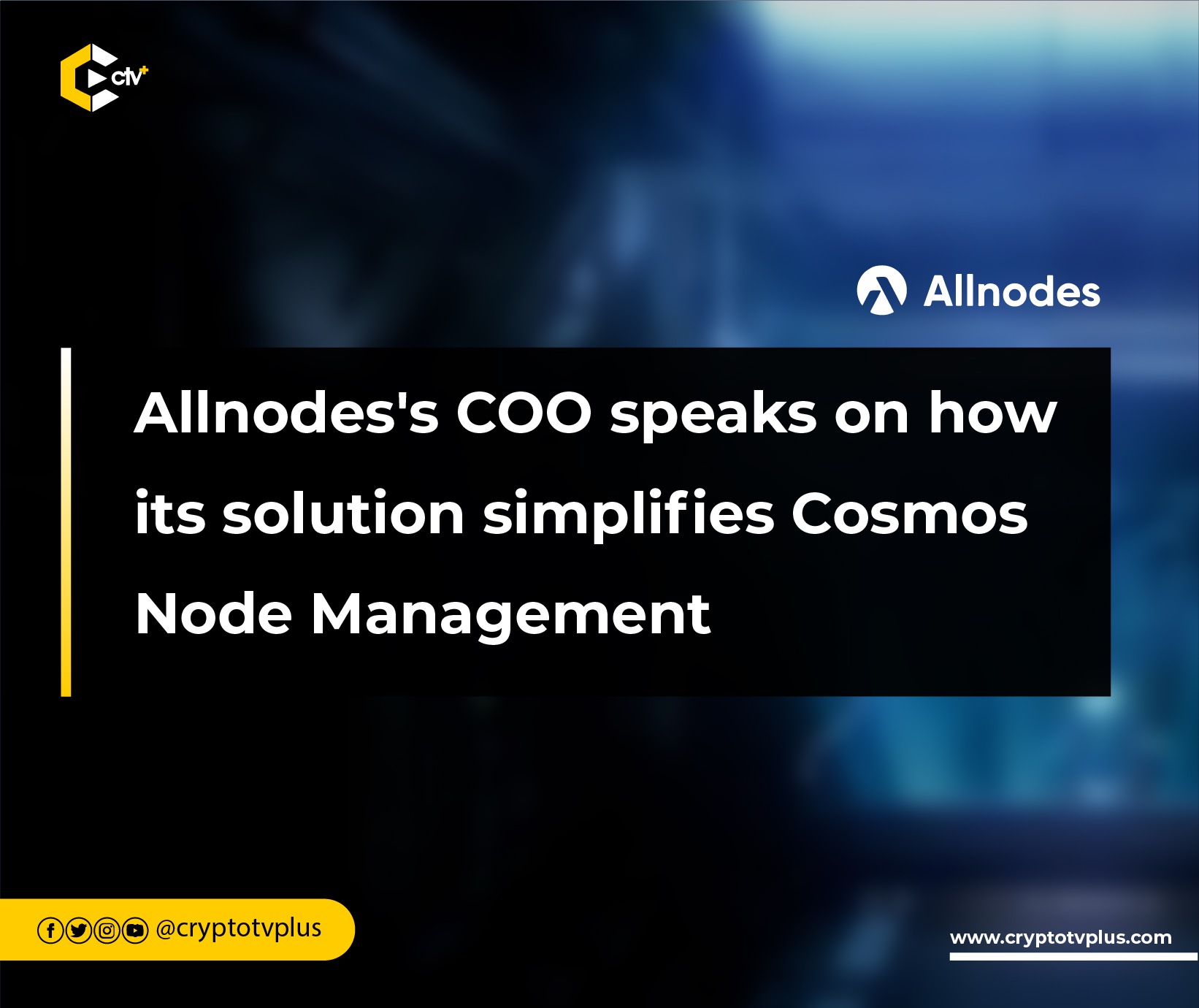
Michael Greenberg, COO of Allnodes, gave a talk at Cosmoverse 2023 on the emergence of Allnodes, a protocol built to manage staking within the Cosmos ecosystem. The talk introduced a suite of solutions created by Allnodes, aimed at simplifying the lives of validators and delegators across the Cosmos.
Staking in Web3 refers to the process of participating in a blockchain network by locking up a certain amount of cryptocurrency, typically in the native token of the network. This is done to perform various functions that benefit the network and its operations.
Allnodes is a non-custodial platform that offers node hosting and staking services for over 80 protocols, with more than 50% being Cosmos based chains. The platform is designed to simplify node operation and offers a streamlined platform for individual traders and enterprise-level clients. It hosts over 43,000 nodes with a value of over $2 billion.
The challenge with staking in Web3
Michael identified three primary challenges faced by validators when it comes to staking assets for securing blockchains that operate using the Proof of Stake mechanism. The first challenge he highlighted is the complexity of managing multiple nodes across different networks. Each network may have its unique configuration, software updates, and maintenance requirements. As a result, those involved in validation or asset delegation must navigate the intricacies of each network, which can be time-consuming and prone to errors.
The second challenge involves the need for comprehensive mnemonic key management. In the context of blockchain, a mnemonic key refers to a set of words used as a passphrase or seed phrase to access a cryptocurrency wallet or control a node within a blockchain network.
Managing mnemonic keys for multiple nodes or wallets can pose a challenge. Validators and delegators must securely store and protect these keys, as they grant access to valuable assets or the nodes they operate. This complexity intensifies when dealing with numerous nodes across different networks.
Another issue arises from the laborious process of executing tasks through the command-line interface (CLI). Many blockchain networks rely on a CLI for network interaction. This means that validators must input text-based commands to perform various actions, such as token transfers or initiating network upgrades.
Using a CLI can be cumbersome, particularly for individuals unfamiliar with command-line operations. It often requires a learning curve and can lead to errors for users who lack experience with command-line interfaces.
The solution
AllNodes offers a central solution that consolidates all validator-related tasks. According to Michael, validators can now manage their nodes on multiple Cosmos networks without needing to access their mnemonic keys.
This innovative approach eliminates the requirement for multiple mnemonic keys, keystore files, and passwords, significantly enhancing security and efficiency.
During the presentation, Michael demonstrated how the Allnodes platform simplifies node management. Validators can now make changes to their nodes with just a few clicks through an intuitive interface.
This streamlined approach greatly reduces the time and effort needed for tasks like changing node names or adjusting commission fees.
In addition, he introduced a management system that enables validators to delegate specific tasks to other addresses. This system provides a secure and efficient way to handle key operations, saving time, enhancing security, and streamlining node management.
RPCs for Devs
Allnodes not only offers a unified interface for viewing and participating in proposals across multiple networks, making it easier for validators to engage with the community’s decision-making process, but also supports new development projects by providing free RPC endpoints.
RPC (Remote Procedure Call) refers to the interfaces or endpoints that allow external applications, such as decentralized applications (dApps), to communicate with a blockchain network.
These endpoints provide developers with a programmable way to interact with the blockchain and access its various functionalities. With RPC, developers can build applications, send transactions, and access data without any limitations.
Read also; Unlock the future of digital collaboration with OKP4: The Open Knowledge Protocol



